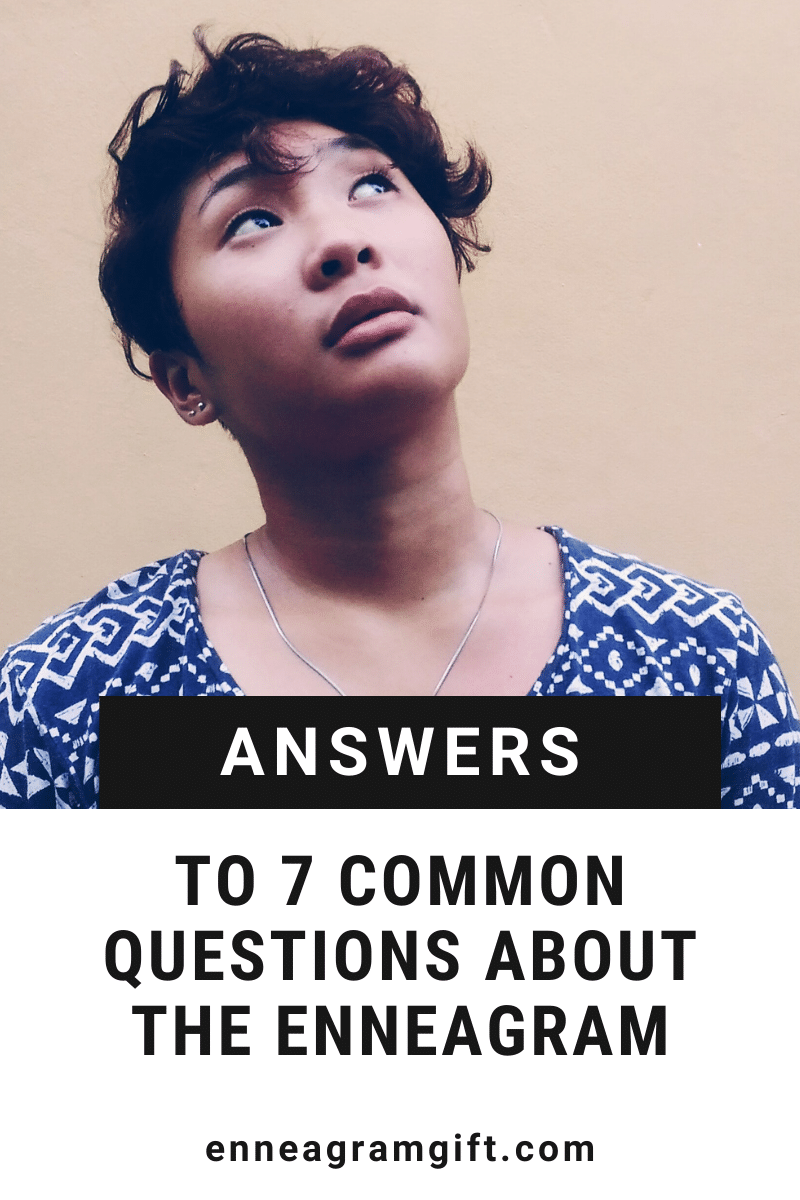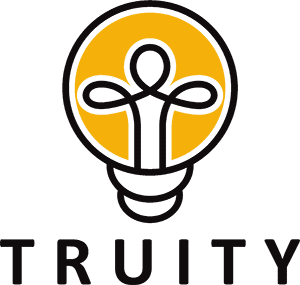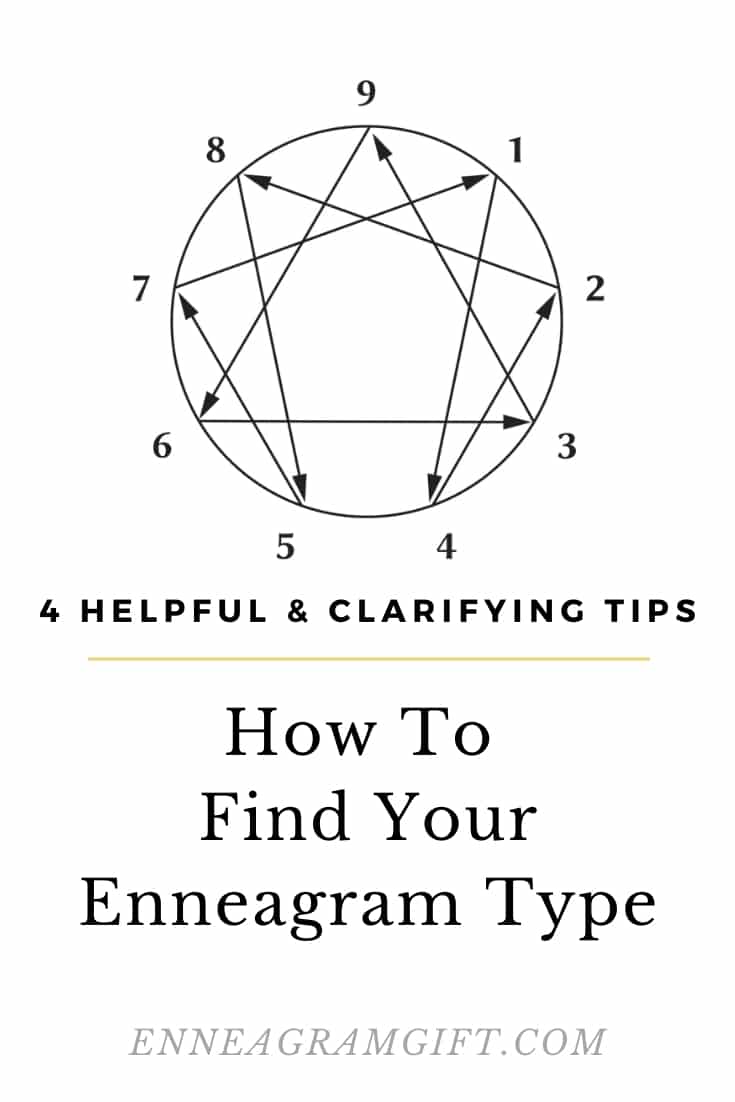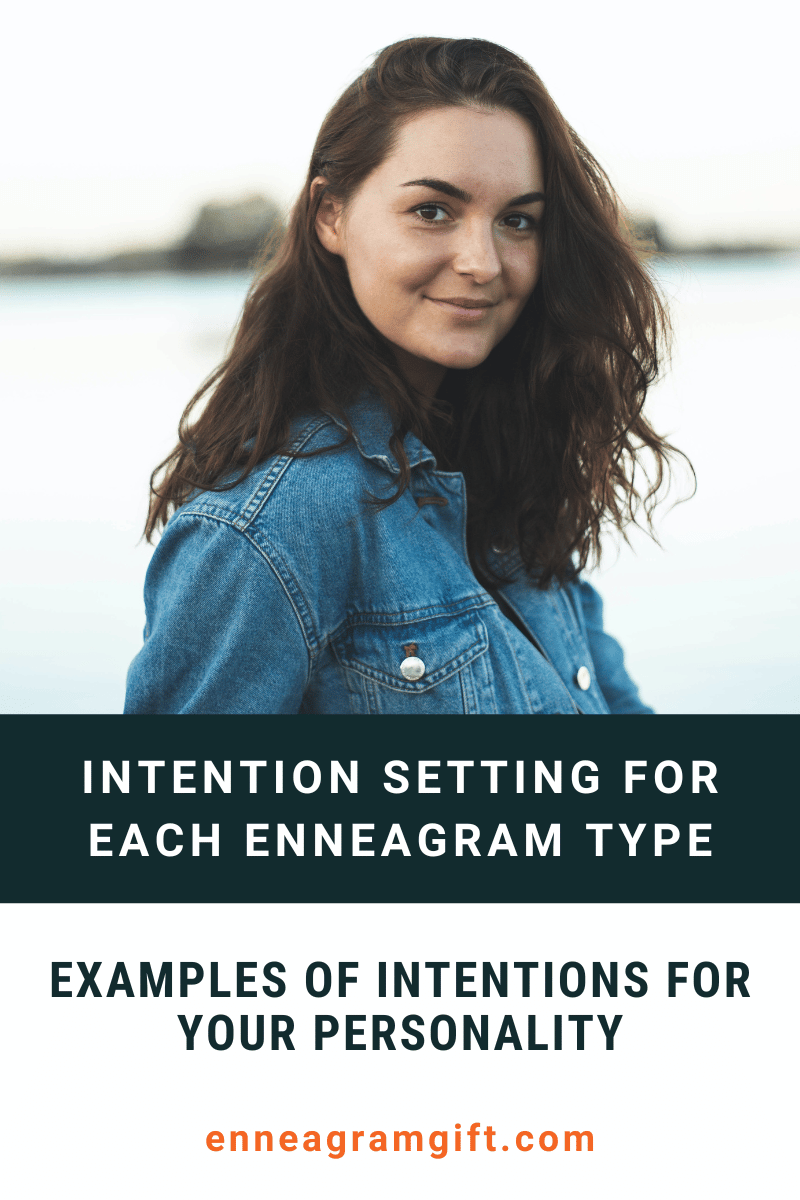As the Enneagram theory gains more popularity and is used as a tool in psychology and life coaching, many people have been scouring the internet to learn more about it. This article will cover seven of the most popular questions about the Enneagram of Personality we could find to quell your curiosity and help you learn more about yourself.
Keep reading to find the answers to seven popular Enneagram questions, including which Enneagram you are, which Enneagram types are the most common and the rarest, and which Enneagram has the most anxiety. You can also find the best free and paid Enneagram tests to see for yourself which of the Enneagram personality types fits you best.
Answers To 7 Common Enneagram Questions
Which Enneagram Am I?

As a general rule, you can discover your Enneagram personality type by:
- Considering each type’s motivations
- Studying the Enneagram wings
- Listening to a panel discussion hosting the different types
- Asking a friend what they think your Enneagram type may be
- Taking a free Enneagram test from a reputable source
While taking a free Enneagram test might seem like the easiest and quickest option, it is only the beginning of your Enneagram journey. You have to dig deep inside yourself to find the reason behind your thoughts, feelings, behaviors, and actions. This process is both fulfilling and uncomfortable because you are tapping into your true self and becoming aware of it.
Which Enneagram Type Is Most Common?
Enneagram Type 9 is the most common personality type according to studies performed by Truity and other reputable enneagram sources.
Type nine, or the Peacemaker, is the most common Enneagram type, as shown by these two studies:
| Study | % of Population | % of Females | % of Males |
| Enneagram.bz | 16.2% | 17% | 16% |
| Truity | 13% | 14% | 12% |
Additionally, a study done by 9 Types shows that the Enneagram type nine was the most common score received among those who took their Enneagram personality test. There were, in total, 2294 identified type nines.
Other Common Enneagram Types
Type six, or the Loyalist, is the second most common Enneagram type, as shown by these two studies:
| Study | % of Population | % of Females | % of Males |
| Enneagram.bz | 16.1% | 18% | 13% |
| Truity | 10% | 10% | 9% |
Now that we know the two most common Enneagram types, let’s move on to the two rarest Enneagram types.
Which Enneagram Type Is the Rarest?
Type five, or the Investigator, is the rarest Enneagram personality type, as shown by a study performed by Truity.
Maybe you feel like you’re the only one in the world who thinks, feels, and behaves as you do. If you feel alone in the Enneagram community, It’s likely because you don’t share the same type with many others. This raises the question, which Enneagram type is the rarest?
| Study | % of Population | % of Females | % of Males |
| Enneagram.bz | 4.8% | 3% | 7% |
| Truity | 10% | 7% | 14% |
It is common to feel like you’re the only one in the world who thinks, feels, and behaves as you do. However, we often have more in common with others than we know. It is true, though, some personality types are less common than others. According to the study performed by Truity, Type 5 is most rare, followed by Type 4.
Which Enneagram Has the Most Anxiety?
Type six, or the Loyalist, is the Enneagram personality type with the most anxiety because they are in the center of the Head triad. This placement means that they overthink, which causes anxiety and fearful thoughts.
If you are a type six, you worry about things that aren’t likely to happen, and you focus more on the past and future than the present. A common stressor for the Loyalist is a lack of guidance; this type functions best depending on or following someone else’s lead.
Each of the Enneagram triads has different motivations for the types within it. For example, the Gut triad (8, 9, 1) is motivated by anger, and the Heart triad (2, 3, 4) is motivated by shame. The third triad, the Head triad (5, 6, 7), is motivated by fear or anxiety.
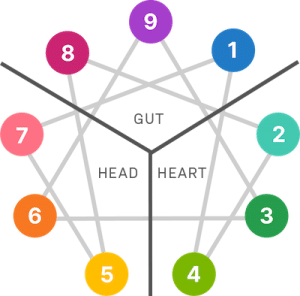
Source: Zaengle
Which Enneagram Test Is the Best?
The test you choose should be from a reputable source. If you don’t have much money or are a little too skeptical, the best Enneagram test is the free version from Truity. If you’re willing to pay, the best Enneagram test will be Integrative 9.
Click Here To Take The Truity Enneagram Test!
If you’d like to find more reputable free Enneagram tests, check out The Top 4 Best Free Enneagram Tests Online.
The Best Paid Enneagram Test
The best paid Enneagram test is Integrative 9. Their tests are also 95% accurate, making them the most reliable because of the adaptive technology. You can use the Standard Report if you’re working on yourself or the Professional one to better your work ethic.
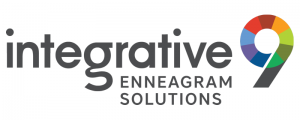
For those willing to spend money to begin their journey through self-discovery and awareness, use the Integrative 9 Enneagram questionnaire.
For more information about the two best paid Enneagram tests, visit IEQ9 Enneagram Test Vs. RHETI Helpful Review + Which Is Best?
Can Your Enneagram Change?
Your Enneagram type can’t change. It’s crucial to remember that, while you may relate to each of the nine Enneagram types somehow, your dominant Enneagram personality type will always be the same.
Throughout your life, your thoughts and morals change a lot. This fact may lead you to believe that your Enneagram personality type can change from the one you currently identify with. However, several factors may lead you to believe this:
- An Enneagram Test Can Mistype You: The highest accuracy of Enneagram tests usually ranges from 60% to 75%, so there is still that 25% to 40% chance that you will be improperly identified.
- Others Can Mistype You: Once you hear others’ thoughts on what Enneagram type you may be, it’s easy to roll with it. However, you are the only one that lives inside your head, so the proper identification is up to your own self-discoveries and research.
- You Become More Self-Aware: As you do work to develop self-awareness and understanding, it’s almost as if you have become a different person. The key here is, it’s not your type that is changing; it is how you are choosing to interact outside of the shadow-side of your type.
Is the Enneagram Legit?
Multiple studies suggest that the Enneagram personality theory is legit and can be used for personal growth, strengthening relationships, and understanding one another.
The validity of the Enneagram also seems to be gaining ground as many psychiatrists, psychologists, and life coaches today are including its teachings in their practice to help their patients.
- Springer Link: “The Enneagram’s developmental roadmap for each type’s unique personality progression enables individuals to navigate their internal experience effectively. The integrative nature of this system is an ideal fit for a model because it includes the tools to promote ego development in adulthood effectively.”
- Research Gate: “In terms of learning, if the educator knows the character fixation type of a potential student, then he is better able to teach and inspire that student. Also, the educator would be more able to motivate, train, and empower his students.”
- Scholar Works: “The nine factors that emerged from the data of this study describe personality types that are recognizably Enneagram types, and are also more concise than traditional descriptions of the Enneagram types.”
- eCommons: “To some extent, it may indicate that learning about the Enneagram tightens up one’s perception of one’s personality.”
Keep in mind, no self-reporting test is 100% accurate, however, some enneagram tests are more accurate than others. The Integrative Enneagram Questionaire (IEQ9) is 95% accurate because it is adaptive to each user. The Riso-Hudson Enneagram Type Indicator (RHETI) averages around 72% accurate.
Conclusion
The enneagram can explain a lot of your behaviors and actions by finding your dominant Enneagram personality type. You can also find what needs to be worked on or what you need to do more of in your life through understanding your type and what your type looks like to be healthy or unhealthy.

